In the corporate arena, managing operational risks is critical to ensuring the stability and growth of a company. Operational risks arise from internal failures in processes, people, or systems, and can result in financial losses, legal penalties, or reputational damage. From a legal perspective, it is vital that companies implement preventative mechanisms to mitigate these risks. Below are some key recommendations that a company should take into account:
- Regulatory Compliance
Compliance with local, state, and federal regulations is essential. In Mexico, companies must comply with various regulations, such as tax, labor, environmental, and personal data protection laws. Implementing a robust compliance program helps avoid costly sanctions and litigation.
Recommendation: Establish a compliance department or hire external advisors to monitor regulatory changes and ensure that the company is always in compliance with the law.
- Strong and Well-Structured Contracts
Contracts are the legal pillar of any business operation. A poorly drafted contract can lead to legal disputes and significant losses. It is essential that commercial, employment and service agreements are carefully drafted, clearly specifying the obligations and rights of each party.
Recommendation: Ensure that all contracts are reviewed by a legal team specializing in corporate law and that they include dispute resolution, confidentiality and compliance clauses.
- Effective Corporate Governance
Corporate governance establishes the structure and rules by which a company is managed and controlled. Weak corporate governance can lead to significant operational risks, from poor decision-making to a lack of transparency and internal control.
Recommendation: Implement a board of directors and establish clear procedure manuals. Regular internal audits are a best practice to ensure that operational decisions are transparent and aligned with company objectives.
- Protection of Intellectual Property
For many companies, their intellectual property (trademarks, patents, copyrights) is one of their most valuable assets. Failure to adequately protect these rights can result in the loss of competitive advantage or costly litigation for infringement of rights.
Recommendation: Register trademarks, patents and any other intellectual property rights in a timely manner with the Mexican Institute of Industrial Property (IMPI). Also, monitor possible infringements and act quickly if they are detected.
- Compliance with Personal Data Protection
With the increasing digitalization of business operations, the proper handling of personal data is crucial. In Mexico, the Federal Law on the Protection of Personal Data Held by Private Parties establishes strict guidelines for the treatment and safeguarding of data.
Recommendation: Develop and implement clear privacy policies, obtain explicit consent for the use of personal data and have adequate security systems to protect stored information.
- Contingency Plans and Business Continuity
Contingency plans help mitigate the negative impacts of unexpected events, such as natural disasters, technological failures or health crises. Lack of preparation for these scenarios can paralyze a company’s operations, exposing it to financial and legal risks.
Recommendation: Create and implement a business continuity plan that includes protocols for crisis management, data recovery, and internal and external communication procedures in the event of emergencies.
- Regular Audits and Internal Control
Internal control is key to detecting errors and possible irregularities in a company’s daily operations. Periodic audits, both internal and external, can identify areas for improvement and prevent fraud or bad practices that compromise operations.
Recommendation: Establish a calendar of annual internal audits and hire external auditors when necessary to ensure an objective review of operations.
Conclusion
Managing operational risks from a corporate legal perspective requires a proactive and coordinated strategy. Complying with regulations, protecting intellectual property and ensuring effective corporate governance are just some of the key aspects that need to be considered. Having the support of a specialized legal team can be crucial to the success and long-term sustainability of the company.
Staying up to date on legal and adoption issues

